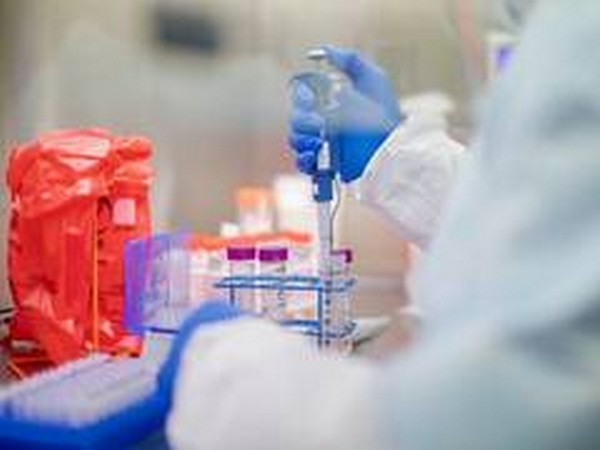New cases fall back to below 700; virus curbs likely to be extended
Apr 29, 2021

Seoul (South Korea), April 29: South Korea's daily new virus cases fell back to below 700 on Thursday, but sporadic cluster infections and the rising number of untraceable cases still indicate a further rise in infections.
The country reported 680 more COVID-19 cases, including 650 local infections, raising the total caseload to 121,351, the Korea Disease Control and Prevention Agency (KDCA) said.
The daily caseload was 775 the previous day, soaring from 500 cases and 512 cases tallied on Monday and Tuesday, respectively, which were largely attributable to fewer tests over the weekend.
The country added four more deaths, raising the total to 1,825.
Amid growing concerns over the fourth wave of the pandemic, South Korea has designated this week as the so-called special preventive period.
Health authorities are set to announce later this week whether they will maintain the current level of social distancing.
Currently, the greater Seoul area, where more than half of the country's 52 million people reside, is under Level 2 social distancing, the third highest in the five-tier scheme, with the rest of the country under Level 1.5.
Gatherings of five or more people are banned nationwide. The current distancing is effective through May 2.
Authorities said although the current COVID-19 situation is manageable, the country may extend the social distancing measures again to prevent the further spread of the virus.
South Korea has been grappling with sporadic cluster infections, coupled with the rising number of cases with unknown transmission routes.
The proportion of virus cases with unknown transmission routes stood at 29.9 percent over the past two weeks as of Wednesday, the highest since the country began compiling related data in April last year.
Since the country started its vaccination program on Feb. 26, a total of 2,808,794 people have been given COVID-19 vaccine shots, including 220,729 the previous day. This accounts for around 5.5 percent of the total population.
AstraZeneca's vaccine has been given to 1,534,399 people, while 1,274,395 received that of Pfizer.
The KDCA said 168,721 people have received two doses so far or 0.3 percent of the population.
A total of 15,000 cases of side effects after vaccinations have been reported, up 433 from a day earlier, but 98.1 percent were mild symptoms, including muscle pain and fever.
A total of 73 deaths after vaccinations have been reported, up five from the previous day, according to the KDCA.
Health authorities aim to vaccinate 3 million people by the end of this month and 12 million by the end of June. The country targets to inoculate 70 percent of the country's population with the first dose of the vaccine by September and achieve herd immunity by November.
Of the newly locally transmitted cases, 225 came from Seoul, 176 from Gyeonggi Province and 22 from Incheon, 40 kilometers west of the capital.
The southeastern port city of Busan added 39 new infections, and Daegu, 302 km south of Seoul, found 18 more.
There were 30 additional imported cases, raising the total to 8,302.
Of the imported cases, India accounted for seven, followed by Kazakhstan with three. There were also infections among arrivals from the Philippines, Bangladesh and Nepal.
The number of patients under serious or critical conditions came to 157, down three from the previous day.
The total number of people released from quarantine after making full recoveries was 110,787, up 539 from a day earlier. This indicates 91.3 percent of COVID-19 patients reported here being cured.
South Korea has carried out 8,805,779 COVID-19 tests so far, up 39,282 from the previous day.
Source: Yonhap









